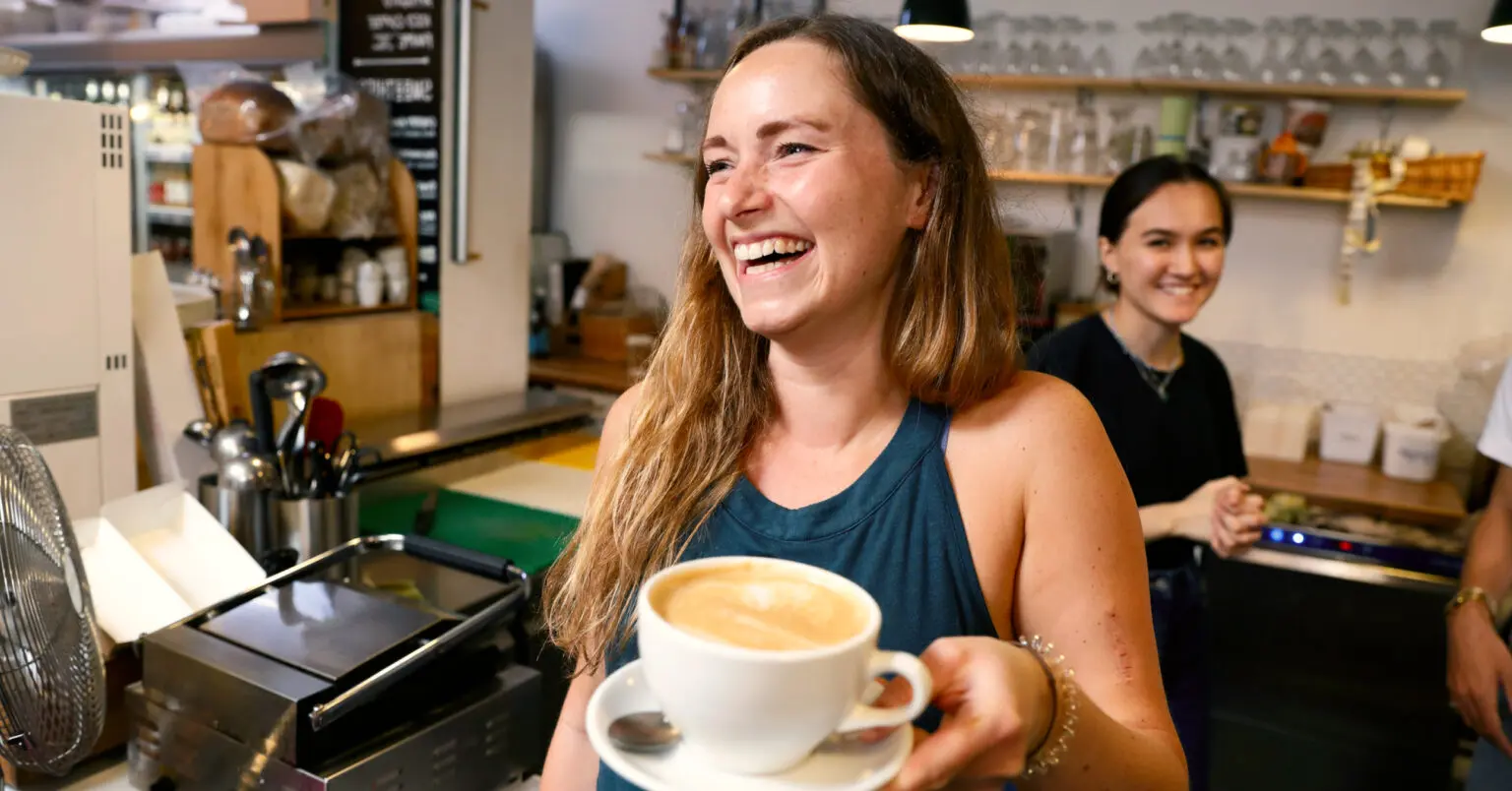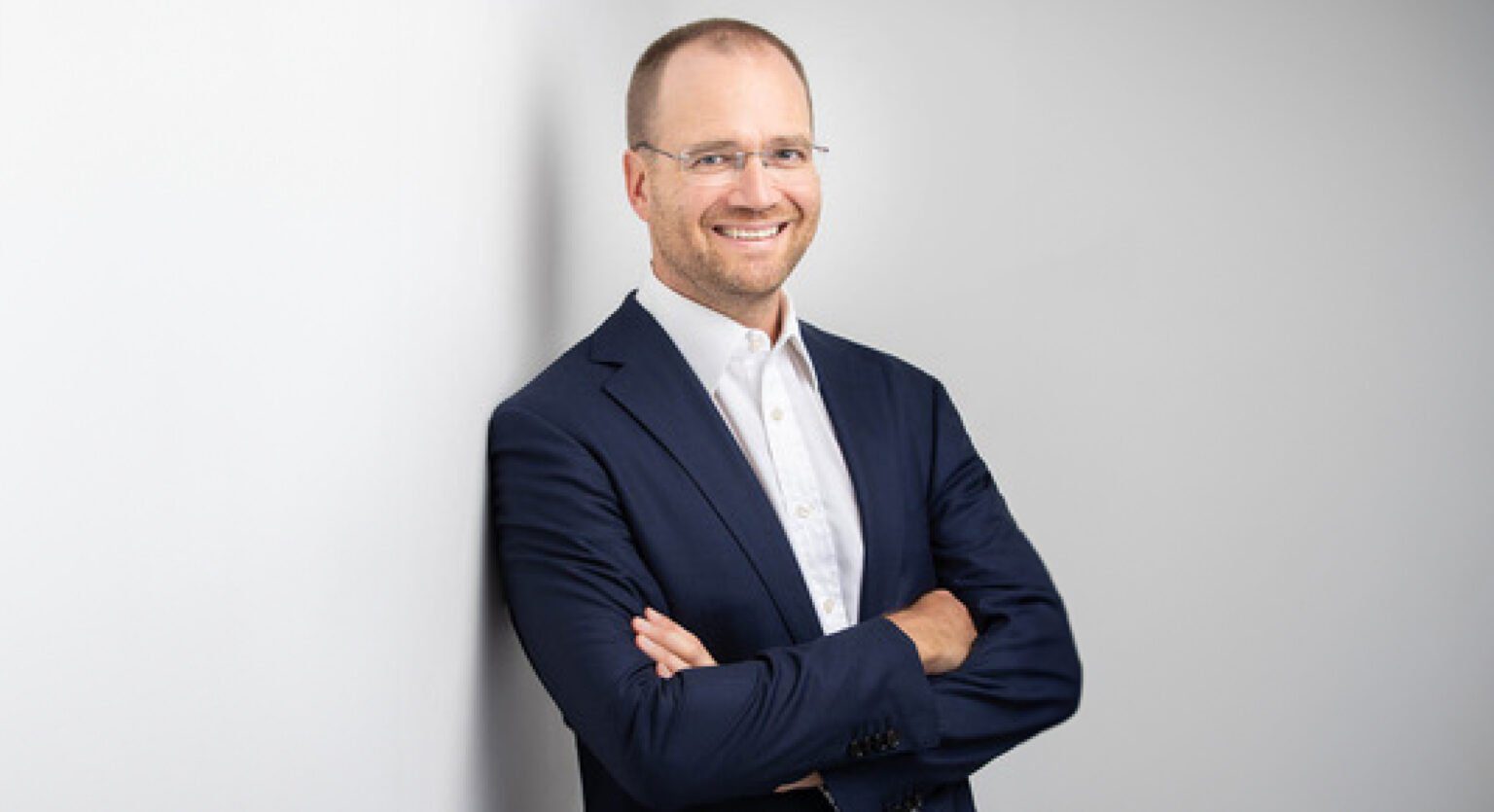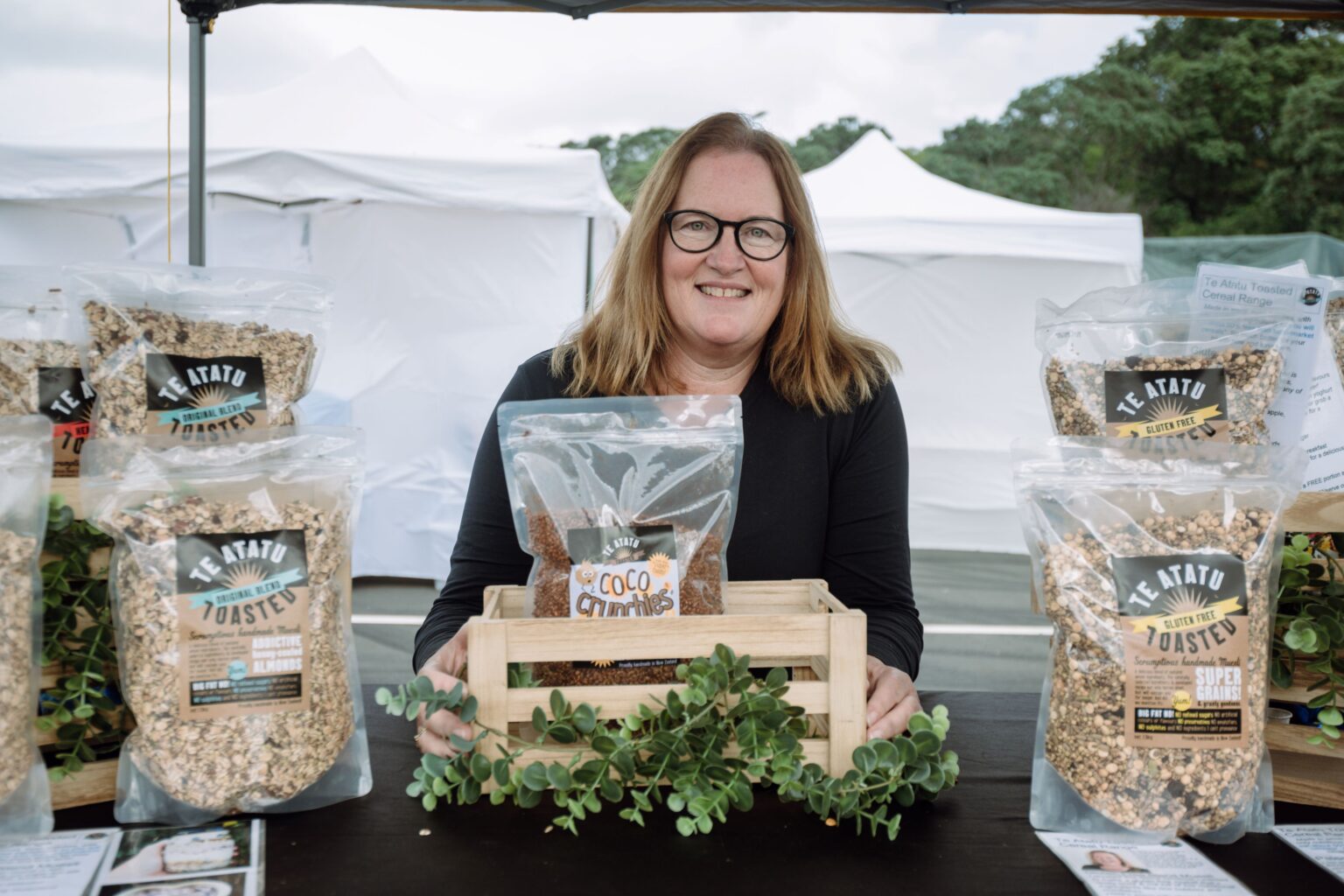Taking the glass half full perspective on marketing during the coronavirus recession could help you position your business for future growth. Now is the time to take stock and tighten up your small business marketing strategy, say the experts.
At a glance
Here's a snapshot of the advice from our interviewees:
- Find the right balance between product promotion and brand awareness.
- Take advantage of cheaper advertising costs.
- Make the most of sponsorships and collaborations to increase your brand awareness.
- Emphasise your brand’s niche and keep your messages clear and consistent.
It’s natural to want to cut costs during a recession – the very survival of your business might depend on it. But it’s important to be strategic about the cuts you make, as well as looking out for smart investment opportunities.
For example, experts say there’s no better time than now to invest in small business marketing. Doing this could mean your business not only pulls through this pandemic-fuelled recession but also comes out of it even stronger. Read on to find out how it’s done.
Strike the right balance between brand and product promotion
Robert Brittain, marketing consultant and co-author of a recent report Winning or Losing in a Recession, says brands need to figure out the current demand for their product and adapt their marketing strategy accordingly.
“The normal recommended balance is about a 60% focus on future demand and 40% on current demand,” says Brittain.
What does this look like in a practical sense? Well, a future-focused marketing strategy (brand building) could focus on telling your business’s story to draw in new customers. You might do this through content creation, for example, or building a community on social media.
Current demand, sometimes referred to as ‘activation’, focuses more on short-term wins – running a promotion to sell a new product, for example.
“If you have increased demand now, you should spend a greater proportion of your budget converting that demand into sales. But if demand is down, you need to tilt your focus [towards brand building] as you could be wasting money promoting products that people aren’t looking to buy.”
In his report, Brittain and his co-author Peter Field, say despite overwhelming evidence that investing in brand building works, most businesses only allocate 50% of their marketing budget towards it. So, they say, “there is little point in cutting brand building further unless business survival depends on it”.
How this small business has kept its brand visible
Espresso Workshop, an Auckland-based business that operates a coffee roastery, online shop and two cafes, has been able to capture new customer demand while maintaining its brand strength throughout 2020.
“We’re primarily a wholesale supplier. When cafes were closed, our biggest customers were out of commission. But, on the plus side, our web sales went up 280% due to more people brewing from home,” says owner Andrew Smart.
“We started out with some deals and promotions to get the ball rolling [with promotion of Espresso Workshop’s online shop], but we settled on free shipping to make it easier and more economical for people to buy coffee from home. We also put together some home-brew kits, which have gone over well.”
Smart says around 70% of Espresso Workshop’s marketing budget goes towards brand awareness through radio sponsorship and social media collaborations, with 30% reserved for product promotion.
Making the most of community sponsorships and collaborations
“Our brand has always had strong community ties, so we’ve continued building on that [throughout COVID-19]. We’ve kept up our sponsorships and collaborations, and we’ve even developed a few new ones. We recently gave the local tennis club an espresso machine so they could serve coffee.”
Espresso Workshop also collaborated with appliance giant DeLonghi on a new local New Zealand coffee blend, opening up their brand to a broad range of new coffee drinkers.
“We sponsor a local student radio station, 95bFM, that like us is community-focused and independently run,” says Smart.
“We had the option of letting it go, but in these tough times, having that mouthpiece on the radio and spreading awareness about our business is a valuable thing.”
Espresso also frequently promotes its business via giveaway campaigns with other businesses.
“One of our bigger wholesale customers, Melba Cafe, has its 25th [anniversary] coming up. We’re providing a whole lot of coffee giveaways at their event.”
Knowing how to measure marketing ROI
If you want to grow your marketing budget, you need to understand the value of your investment. Measuring brand awareness can be tricky for small businesses, but Brittain says understanding customer behaviour based on current demand is easier to assess.
“You can look at things through this pathway: Are people searching for you through Google? Are they checking out your website? Are they downloading things and evaluating what you have to offer? Are they coming to you for quotes? How much are you selling?” he explains.
“This will give you a good indicator of the demand you’re capturing and how easily you’re converting it into sales,” he adds.
Finding new ways to tell your brand story
Emphasising what makes your brand unique is an important part of building long-term awareness, says Brittain.
As a specialty coffee roaster, Espresso Workshop is focused on crafting artisanal products. Smart realised they could generate further interest in their brand by showing people what goes on behind the scenes.
“We hosted a ‘Meet the Makers’ event at our roastery to give our visitors a bit of a roasting 101 tour where they met with me, our head roaster and brewing trainer. There’s a lot of people who come through the precinct we work in and they don’t really know what we do, so this gave us the opportunity to tell our brand’s story.”
Partnering with their precinct on the Meet the Makers event also allowed Espresso Workshop to reach a broader segment of the market.
“We promoted the event on social media and our precinct organised some PR, so we got a write-up in the New Zealand Herald’s lifestyle supplement,” says Smart.
This event not only increased awareness of Espresso’s niche offerings, but they funnelled the proceeds from ticket sales back into their marketing fund. Now they can continue reaching new audiences and thinking up new, creative ways to stand out from the pack.




